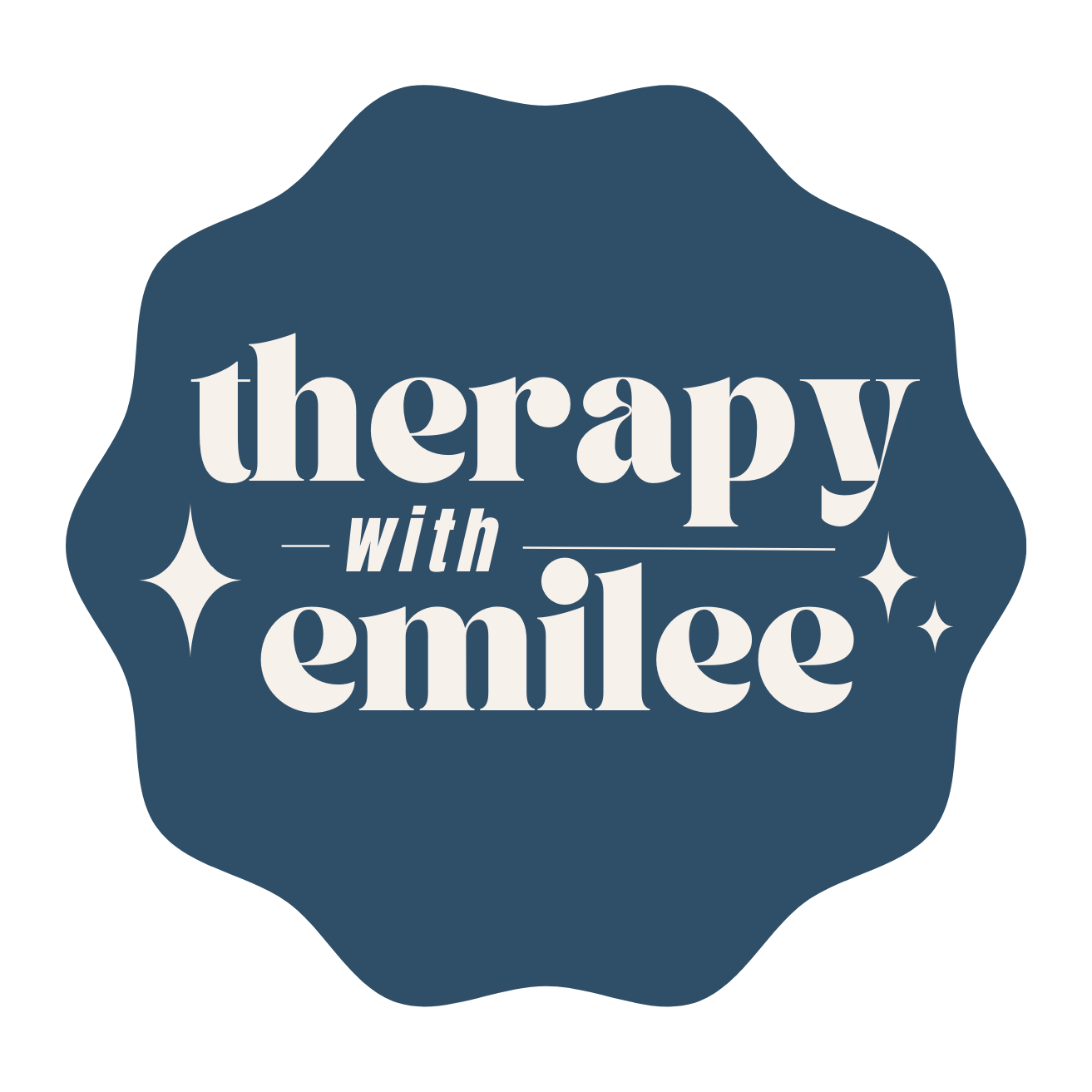why it’s important to be intentional when we cope
there are healthy & unhealthy ways to cope. there are also coping mechanisms that can be healthy or unhealthy depending on the situation. here’s an example to show why it’s important to be intentional about how we cope:
one of the ways we can cope is distraction. distraction allows us to focus our attention away from whatever is stressing us out.
distraction includes:
engaging in hobbies (reading, painting, playing music, gardening)
watching something (shows, movies, youtube, tik tok)
socializing
working out or moving our bodies
listening to music
playing games (puzzles, video games, bird games, crosswords)
so how can distraction be either healthy or unhealthy? any of these activities, when done without intention or when done in excess, could possibly turn into avoidance or denial.
let’s say you had a mentally exhausting day at work. you get home & don’t feel like doing anything—you don’t want to think about work & you don’t want to deal with anything else. you open your phone to start scrolling through tik tok.
if you don’t pause to check in with yourself, it’s not the end of the world. but doing so could help you to validate your experience & acknowledge your emotions. it could also prevent you from staying disconnected from yourself longer than you like—what if you ended up scrolling on tik tok for a few hours? that avoidance could potentially leave you feeling worse as you come back to reality, feeling out-of-control since your night is almost over & you haven’t addressed your emotions.
here’s a possible alternative. maybe as you’re opening tik tok, you pause & ask yourself a few questions:
what am i feeling right now? overwhelm, fatigue, frustration.
what am i wanting right now? to disengage & not think about anything.
what am i needing right now? to distract myself & emotionally regulate—which can be done through the comfort & ease of scrolling through videos.
it’s perfectly healthy to decide to distract ourselves. what is also healthy is being intentional in that distraction. if we pause to acknowledge what activity we are engaging in to distract ourselves—and why we are engaging in it—we are claiming power, choosing autonomy & gaining awareness.
*you can read more of these posts on my instagram page, @therapy.with.emilee
how to replace prayer with other coping mechanisms
prayer can be a coping mechanism that helps us face hard things. as a problem-based coping strategy, it might be a way for us to figure out solutions to choices or problems we’re facing. as an emotion-based coping strategy, it might help us to emotionally regulate & feel calm during stressful times.
prayer might be a helpful coping mechanism for some. especially if we’ve figured out how prayer works uniquely for us, it can be a powerful time of meditation, introspection & connection.
whether you are in or out of religion, you might no longer want or need to pray. perhaps prayer added nothing to your life. but if prayer previously provided you with ways to cope, it could be helpful to create new, alternate coping strategies.
prompts to think about:
did prayer previously help me cope?
how did prayer help me cope? (emotion-based coping or solution-based coping?)
what healthy coping mechanisms can take the place of prayer in my life?
some ideas of alternate coping mechanisms:
yoga
mindfulness/breathing exercises
journaling
creating mantras or affirmations
talking to a friend
it is important to act in ways that align with our values—this might include discontinuing the habit of prayer. it is ALSO important to take care of our bodies and emotions when we remove a habit or helpful coping mechanism. what is (or was) your relationship with prayer?
*you can read more of these posts on my instagram page, @religious.trauma.with.emilee
